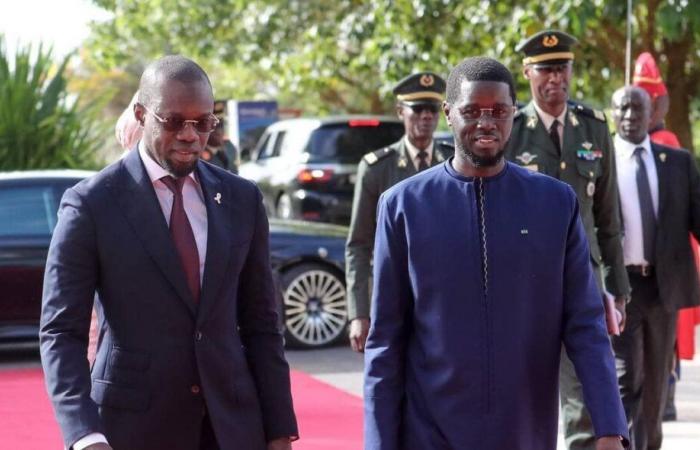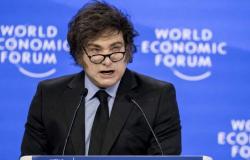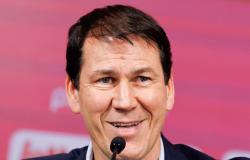The current situation in our country, where Prime Minister Ousmane Sonko seems to have a more marked influence than President Bassirou Diomaye Faye, can raise several questions about the balance of powers and political dynamics within Senegal. If we consider the constitutional role of the President of the Republic, which officially holds the major executive powers, including that of appointing civil and military jobs, such a configuration raises concerns about the centrality of its authority. The presidency is supposed to embody the unit and manage the state apparatus as a whole. If Ousmane Sonko, as Prime Minister, seems to occupy a prominent place, this could indicate a redefinition of power within Senegalese institutions.
A Prime Minister with such authority could, in theory, strengthen the effectiveness of the government, being perceived as a leader capable of implementing public policies without the heaviness of a president who is too involved in administrative details. This could offer our country more pragmatic and rapid governance, particularly in a context where social, economic and security challenges require firm responses. Objectively! However, this type of configuration creates an imbalance in the exercise of powers, let’s say it right away. If the Prime Minister takes more power than the President, this can reduce the scope of presidential legitimacy and lead to ambiguity about the country’s political command line.
This also raises risks of institutional confusion, where citizens and political actors themselves can be uncertain about who really holds supreme power. A president whose authority seems bypass could see his position weakened both at the national and international level. The absence of clear leadership could give rise to internal struggles within the executive, thus disturbing governance. Such a situation could make it difficult to set up ambitious political or economic reforms, the decisions being influenced by a battle of power between two main figures, which may not always be on the same wavelength.
The concentration of powers in the hands of a single actor, even in the form of Prime Minister, could also lead to a lack of transparency and responsibility. The appointment to civilian and military jobs, a key prerogative of the president, could be deflected towards more personal or supporting interests, which would affect the good management of institutions and the stability of the country. The lack of controls and counterweights could also weaken democratic institutions, leading to authoritarian drifts or situations where public affairs management becomes too closely linked to a single individual or a group of power.
Finally, a balance of ill -defined powers can create an atmosphere of political polarization, where the opposition could accuse the executive of moving away from the democratic spirit. Such an polarization risks becoming social and political relations, provoking tensions between the State and the citizens, as well as between political parties. If this situation continues, it could lead to a generalized climate of mistrust, where governance becomes perceived not as a common good but as a battlefield for personal ambitions. Our country Senegal, which has long been a model of democratic stability in West Africa, could then see its reputation tarnished, and its democratic institutions could be put to the test by this concentration of power.
-Mamadou Biguine Gueye
Journalist Consultant
Jeuef movement coordinator






